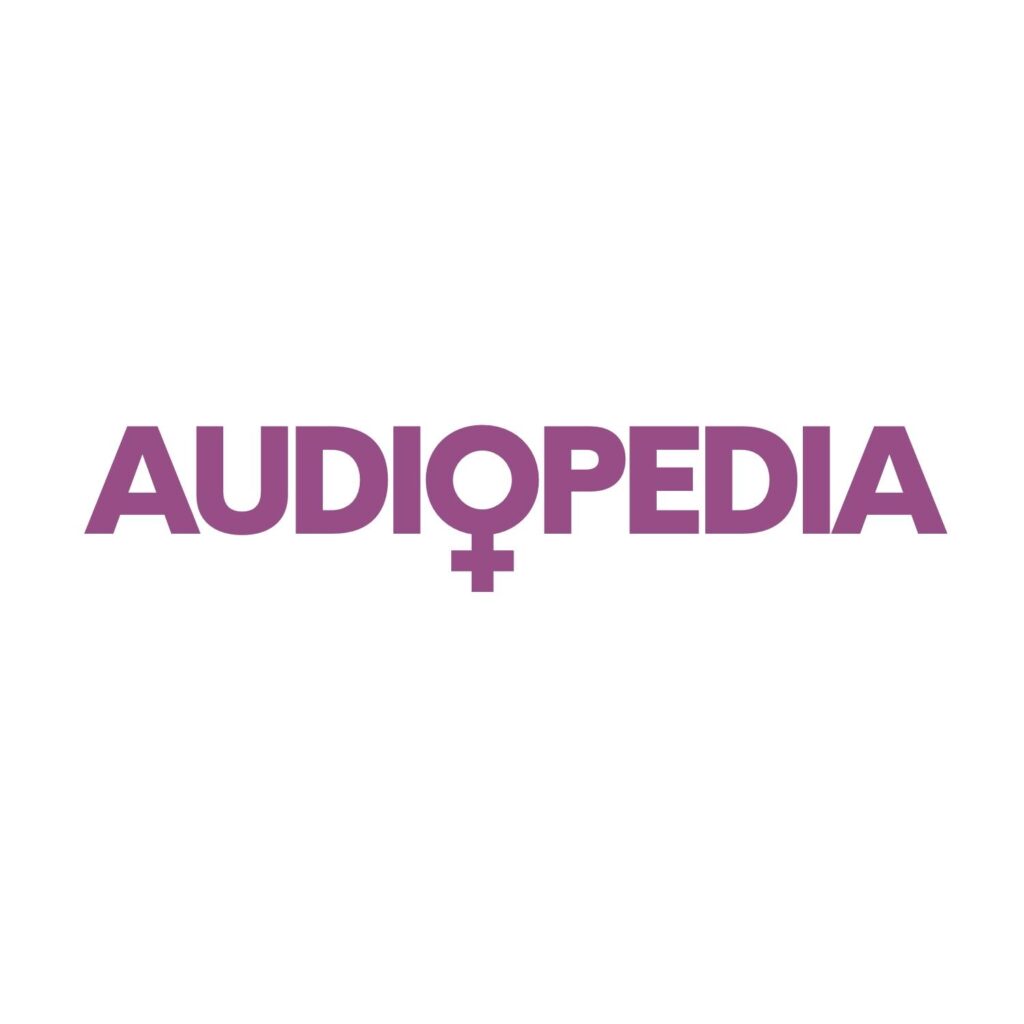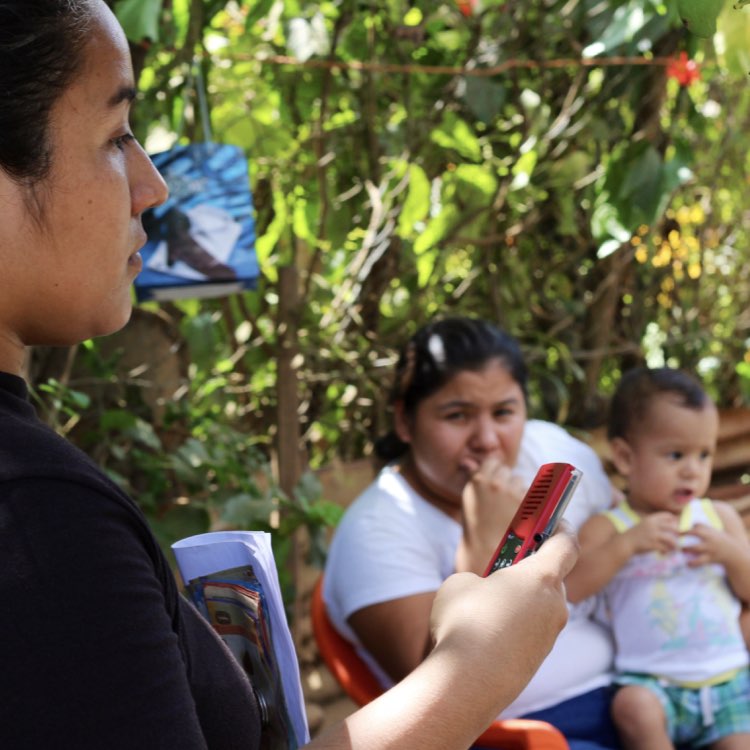How can innovative ideas help close the digital divide?
Audiopedia is on a mission to close the digital divide by providing equitable access to information through their online audio-platform.


General literacy and digital literacy are closely connected, and lack thereof both lead to inequalities. With increasingly more children having access to digital devices and the internet, it has become of great importance that parents have the knowledge on how to operate the devices, and the risks and opportunities that come with it. Innovative solutions that ensure both an increase in digital knowledge, as well as making online information more accessible to the digitally illiterate, is the way forward if we want to increase digital literacy levels in an effort to close the digital divide.
In this blog post we highlight our partner Audiopedia as an example on how you need to develop user-friendly solutions to include those who aren’t digitally literate, and how such user-friendly devices can increase digital literacy through spreading information via audio files.

Innovation for equitable access to information
Audiopedia has developed a website to help women and children in developing countries to easily access important information online. Literacy is a fundamental human right, but according to Audipedia, nearly 500 million women can neither read nor write. Audiopedia addresses this injustice by making audio learning free and accessible to help close the gender knowledge gap. The resources on their platform are especially tailored to the needs of illiterate rural women. Although they do not specifically target digital literacy, their platforms are developed in a way that takes digital literacy, or lack thereof into account.
Being an open-source online platform with both audio and written information in multiple languages, Audiopedia enables people to navigate their website and resources without requirements of English knowledge. Their website offers downloadable audio recordings of all the written information, making important information accessible to non-readers.

The organizations aim is to make health education and practical knowledge easily accessible to all. They strive to extend the universal human right to literacy in developing countries by providing them with essential knowledge that saves lives and expands opportunities.
Audiopedia’s work not only draws attention to the disadvantages people face being illiterate, it also highlights how these disadvantages carry over into people’s day to day lives. It also illustrates how fundamental digital knowledge is for future opportunities. Their website and web-app are designed to be intuitive and user-friendly, ensuring that people with limited digital skills can also make use of their resources.
Through their platform, Audiopedia works towards equitable access to essential information for people all over the world.